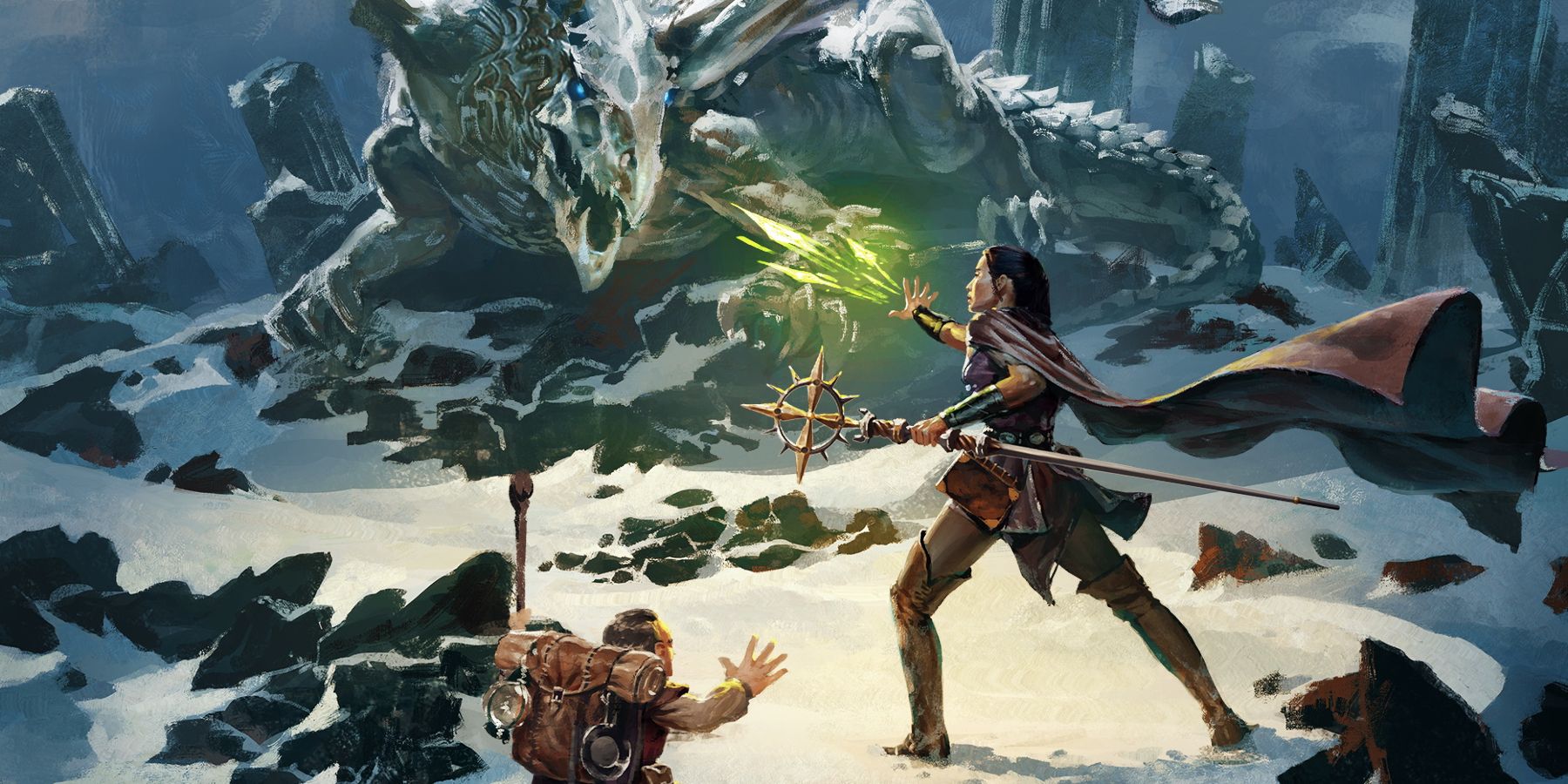Dungeons and Dragons fans are taking issue with what appears to be Wizards of the Coast's effort to expand its control over licensed content via a revised contract. Wizards of the Coast has long used its Open Gaming License to allow content creators to make Dungeons and Dragons products, retain full ownership, and accrue considerable profits independently. The revised OGL, however, appears to give significant power to Wizards of the Coast to claim these creations as its own.
Rumors regarding a change to the OGL began spreading in December, prompting an official Wizards of the Coast response. The rumor at the time, however, implied the OGL was being done away with entirely. Wizards of the Coast responded by confirming that the OGL would be remaining in place, including through the upcoming release of One D&D, Dungeons and Dragons' next iteration. Wizards of the Coast did confirm at the time that it planned to update the OGL, though, but said the changes were to avoid things like third-party "D&D NFTs" and exploitation from large businesses.
A leaked report revealing what could be Wizards of the Coast's specific changes to the OGL seems to do much more than what the company said it did, though. One specific change is drawing significant ire. It says, "You own the new and original content You create. You agree to give Us a nonexclusive, perpetual, irrevocable, worldwide, sub-licensable, royalty-free license to use that content for any purpose." In other words, the new OGL gives Wizards of the Coast free rein to use, sublicense, and profit off of others' work. It doesn't outright grant Wizards of the Coast ownership of others' work, but it won't need to.
Another section of the updated OGL is proving a more frightening possibility. It gives Wizards of the Coast the ability to "terminate" the license agreement with anyone, anywhere, for any reason. If Wizards of the Coast chooses to terminate a license, the licensee is forced not just to cease the use of licensed materials but also to "destroy all inventory and marketing materials bearing the Compatibility Logo." In other words, products bearing licensed Dungeons and Dragons branding must be destroyed, should the license be terminated. And again, Wizards of the Coast can do this for any given reason.
These leaked changes are already leading to myriad reactions from within the Dungeons and Dragons creator community. Some believe it's all just legal speak and nothing will change. Others have gone so far as to threaten legal action if the OGL update is issued officially. The threat of Wizards of the Coast using a creator's products for their own, or forcing a partner to destroy all their work, is much more real than the threat of "D&D NFTs."
Any given Dungeons and Dragons player knows how important the third-party market is. That's because the OGL, which has been in place for over 20 years, has enabled the third-party market to thrive. Any substantial changes to the OGL, made with positive intentions or not, threaten that economy and community existentially. Whether Wizards of the Coast will hear Dungeons and Dragons players' outcry remains to be seen.
Source: IGN

